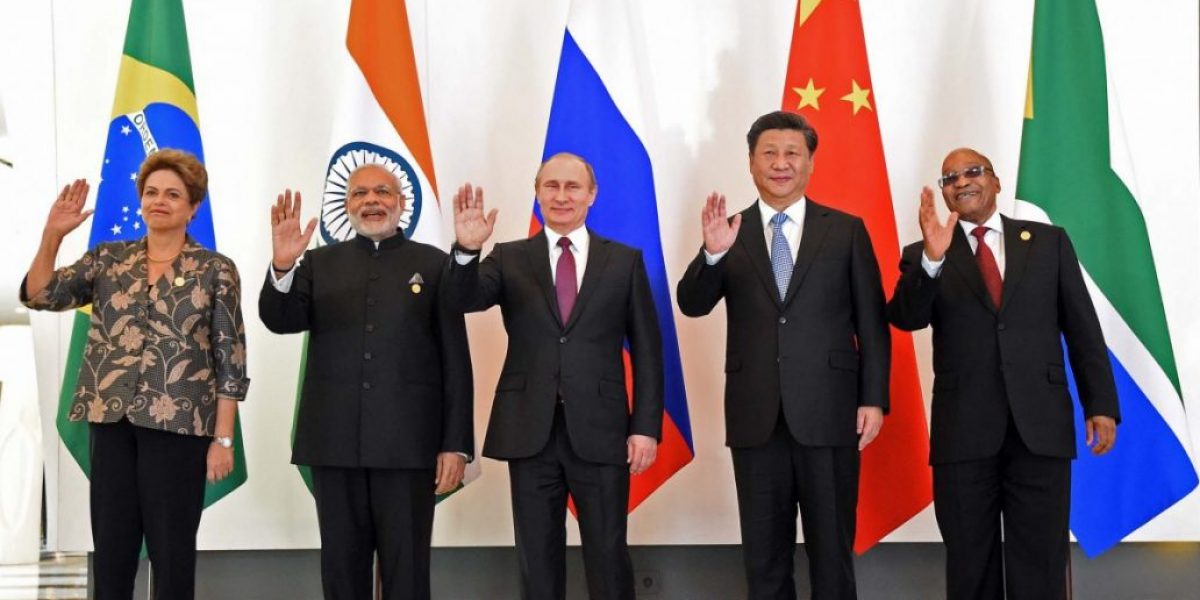Venue: Jan Smuts House
As a key member of IBSA, South Africa has been developing strategic relations with its partners in that grouping, namely India and Brazil, as well as with emerging global powers, China and Russia. Recent state visits by President Zuma have reflected the importance attached to these relationships from the side of the South African government. At both bilateral and multilateral levels South Africa is seeking to work with these governments on political and trade issues, global governance reform and climate change, and the advancement of the African agenda.
Born in the Limpopo Province, Minister Maite Nkoana-Mashabane was an active member of the United Democratic Front and during the 1980s served in the Mass Democratic Movement and the ANC underground structures. After the unbanning of the ANC in 1990, she participated in the re-launch of the ANC Women’s League in the country and from 1992 to 1995 was ANC Women’s League Chairperson in Limpopo.
She was elected as a Member of Parliament in 1994 and appointed the following year as High Commissioner of South Africa to Malaysia. In 1999 she took up the position of High Commissioner to India with responsibility also for Sri Lanka, Bangladesh, Maldives and Nepal.
She was appointed as MEC for Local Government and Housing in Limpopo in November 2004 and during her term this department won the National Govan Mbeki Award for Best Provincial Housing Department in South Africa. She has been a member of the ANC NEC and NWC since 2007.
In May 2009 President Zuma appointed her Minister of International Relations and Cooperation of the Republic of South Africa.








